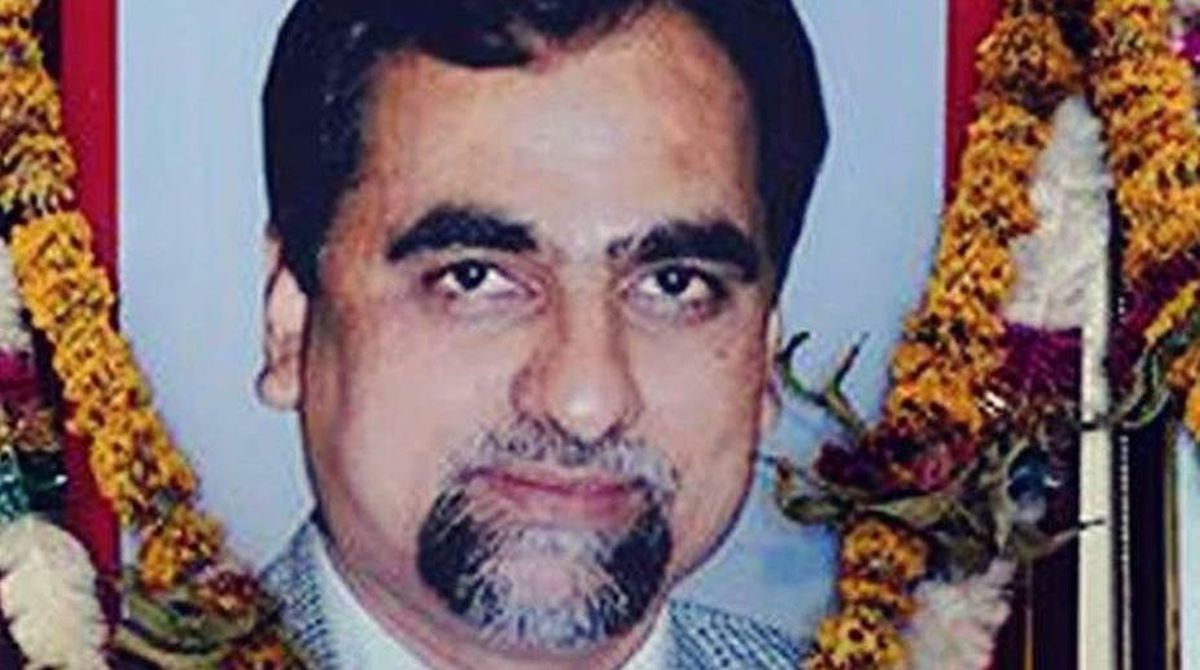India’s Got Latent: SC issues notice on YouTuber Ashish Chanchlani’s plea against FIRs
SC issues notice on YouTuber Ashish Chanchlani’s plea to quash or transfer FIR in India’s Got Latent case; tagged with Ranveer Allahabadia’s petition.
A bench of Chief Justice Dipak Misra, Justice A.M. Khanwilkar and Justice D.Y. Chandrachud rejected the review plea, saying it did not find any merit in it.

(Photo: Twitter)
The Supreme Court on Tuesday dismissed a plea by Bombay Lawyers Association seeking a review and recall of its judgment that held that Special CBI court Judge B.H. Loya had met with natural death and that a PIL was misused for advancing political agenda and to scandalise the judiciary.
A bench of Chief Justice Dipak Misra, Justice A.M. Khanwilkar and Justice D.Y. Chandrachud rejected the review plea, saying it did not find any merit in it.
Advertisement
In its order, the bench said: “We have carefully gone through the review petition and the connected papers, but we see no reason to interfere with the order impugned. The review petition is, accordingly, dismissed.”
Advertisement
Earlier, the bench on April 19 had rejected the plea for a SIT probe into the judge’s death saying: “It gives a sense of anguish that the proceedings were converted to scandalise the judiciary bordering on contempt.”
The Bombay Lawyers Association was one of the petitioners who pleaded for a Special Investigation Team probe into the death, which the Supreme Court declined.
When Judge Loya died of a cardiac failure on December 1, 2014, he was conducting a trial in a case related to the alleged staged shootout killing of Sohrabuddin Sheikh in November 2005.
Now Bharatiya Janata Party President Amit Shah was one of the accused in the case but was later discharged.
The recall plea filed by senior counsel Dushyant Dave has said that the “judgment and order passed by this court requires serious reconsideration and upon such reconsideration deserve to be recalled in the interest of justice and in larger public interest”.
He has contended that the top court committed an error by relying on the report of Commissioner, Intelligence — a police officer — who had conducted an enquiry and reached the conclusion that Judge Loya died of natural causes and that the case did not require an independent investigation.
Holding as “erroneous” the finding that the Maharashtra government was authorised to hold an inquiry, the review plea has contended that it was a “purely internal administrative inquiry” which was “secretive” and without any legal footing.
The death of Judge Loya demands an “independent inquiry” under the Commission of Enquiry Act, 1952, or ordered by the High Court or Supreme Court in exercise of its extraordinary powers, said the plea, saying that such an “open and transparent” inquiry, should be in accordance with the principles of natural justice, involving the summoning of witnesses, cross-examining them, recording evidence and permitting parties to adduce evidence.
This point was advanced before the top court in the course of the hearing of PILs that sought SIT probe into Judge Loya’s death but were rejected.
Advertisement